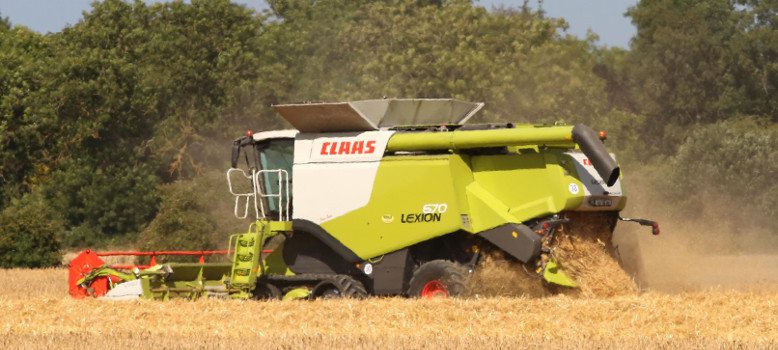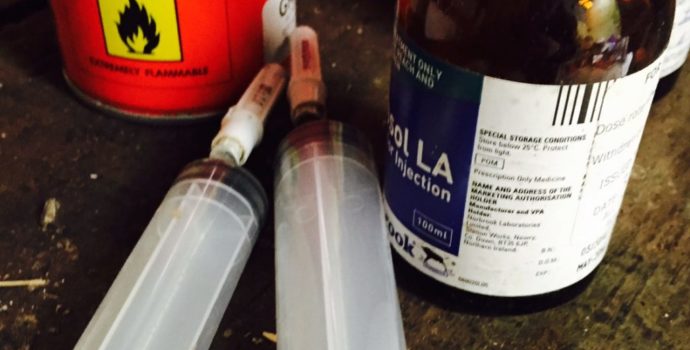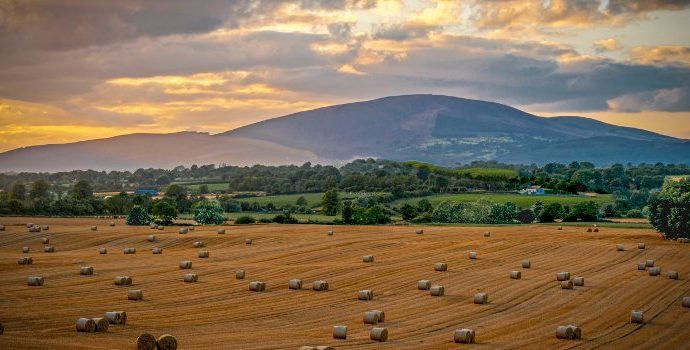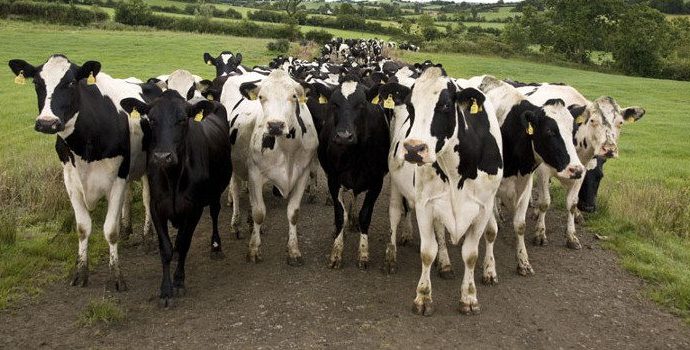Time Running out for Tillage – Farmers Need an Action Plan for Survival of the Sector

An action plan to address the serious and deepening income crisis in the Irish tillage farming sector must be developed and implemented urgently, IFA President Joe Healy told the Oireachtas Committee on Agriculture this evening.
Speaking as farmers are struggling to complete this year’s grain harvest due to poor weather conditions, Joe Healy said we are now in the fifth consecutive year of low grain prices and the forecast for high world carry-over stocks, along with intense competition from the Baltics / Black Sea, means the outlook for change in this price trend is not positive.
Specific actions must be taken to build a solid foundation from which we can revitalise the tillage sector, the IFA President urged, “Failure to develop and implement a plan in a prompt and meaningful fashion will accelerate the decline of crop production particularly in peripheral counties, further reducing biodiversity and threatening the potential to expand our livestock sector and world-renowned drinks industry.”
The prospect of another year of low grain prices will see many growers struggle to cover out production costs.
The IFA President said national policy must instil confidence in growers showing that Government is serious about revitalising the tillage sector. Otherwise, he warned, an increased reliance on grain and non-grain feed ingredient imports will undermine the provenance of the Irish food brand.
Implementation of the following action plan is critical to the survival of tillage farming:
- Temporary abolition of the clawback on the sale of entitlements for tillage farmers who need to raise cash or stand back from taking over-priced conacre.
- Under CAP Post 2020, the stacking of entitlements should be reintroduced as an option for tillage farmers
- A derogation for Ireland on greening requirements, given our difficult climatic conditions.
- The reintroduction of the SBCI Agriculture Cashflow Loan Support Scheme to give greater access to competitively priced credit.
- Full support from all industry stakeholders for the use of native Irish grain, including mandatory Department inspection and screening of grain imports to exclude economically damaging weed seeds and the establishment of a certification scheme to maximise the use of native grain and proteins in Irish livestock rations. Increased use of native grain and Irish malt in the production of Irish whiskies and artisan / craft beers to grow our malting barley sector
- Action by the EU to lower input costs including support for the IFA case for the suspension of anti-dumping duties on ammonium nitrate and the abolition of tariffs on fertiliser imports, along with the retention of key active ingredients including glyphosate, triazoles and diquat to ensure that we can produce competitively priced produce, and a review by DG Competition of the cost of plant protection products.
- Stronger tillage sector support under Farm Schemes including a specific environmental payment to encourage beneficial crop rotation and increased funding to allow for the expansion of the protein crop area eligible to receive the full coupled payment
- The development of a National Policy on the Bio-economy including the roll out of a properly targeted Renewable Heat Incentive (RHI) scheme to drive on the development of a successful bioenergy sector




